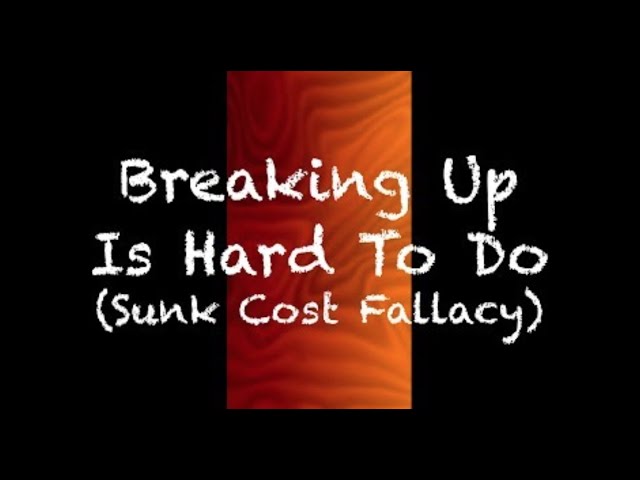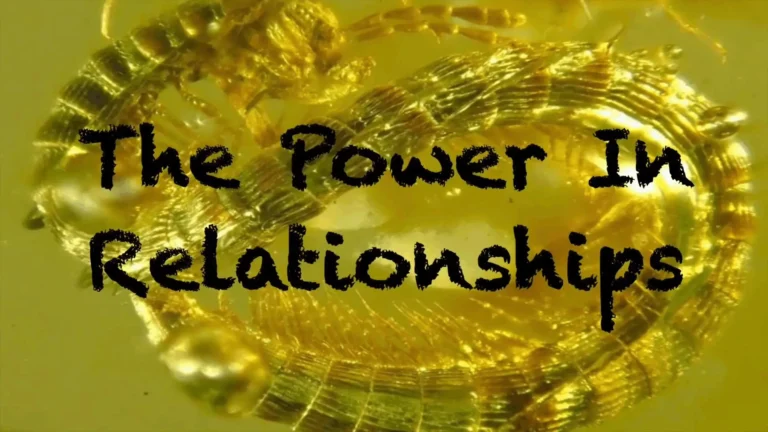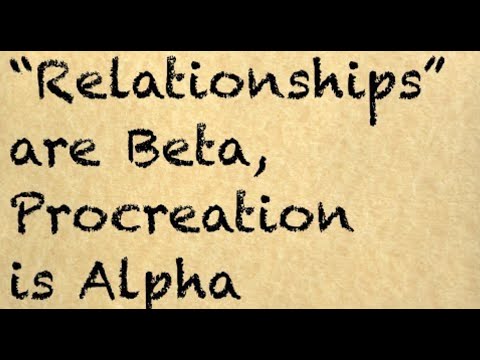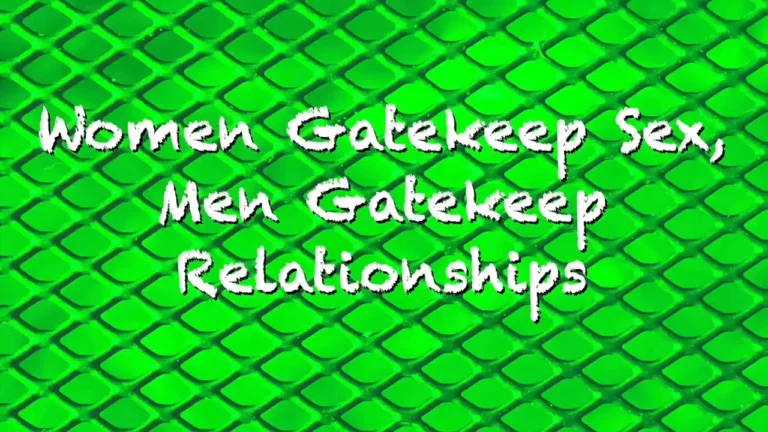NEVER Discuss a Relationship
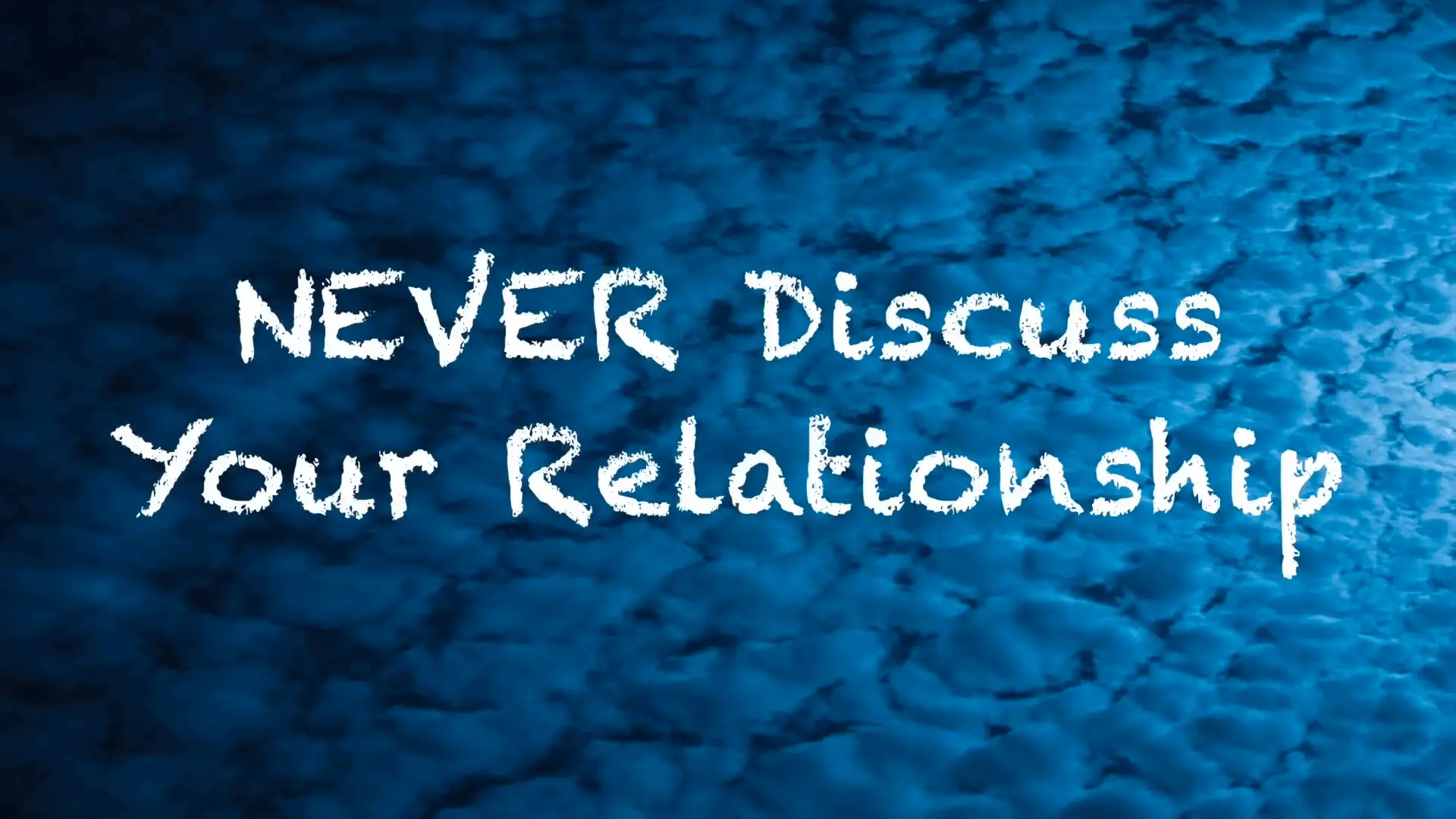
The Mistake of Defining the Relationship
Key insights
- 🚫NEVER discuss the relationship going to the next level, it will only lead to trouble.
- 🤐Never discuss your relationship, especially when a girl wants more from you than you want from her.
- 🤥Make up excuses to explain why you blew her off, and she’ll eventually cool down and be more nervous.
- 🐟”The fish dies by the mouth” – talking too much can screw up a relationship with a woman.
- 🔴People are always more interested in the person who doesn’t really need them.
- 🤐Never discuss your relationship with a woman, let her talk and nod along to avoid defining yourself.
- 💡Embracing ambiguity and not defining yourself can maintain maximum flexibility and advantage in various aspects of life.
It is important to avoid discussing the relationship with a woman in order to maintain maximum flexibility and advantage in various aspects of life.
- 🔴 A man’s relationship is going well until the woman wants to take it to the next level, but he doesn’t want to, and the coach advises against being friends with benefits because it offends women.
- 🔴 Never discuss your relationship with a girl, especially if she wants more from you than you want from her.
- 🔴 Don’t argue with her, just nod along and let her think what she wants, and if she wants more from you than you’re willing to give, just ignore it and blow her off for a week to make her realize that you don’t need her.
- 🔴 Take control of the relationship by letting her talk but doing whatever you want, and avoid screwing it up by talking too much.
- 🔴 Be ambiguous in relationships and don’t define yourself to have control over the other person’s actions, as people are more interested in those who don’t need them.
- 🔴 Never discuss your relationship with a woman, let her talk and nod along without defining anything.
- 🔴 Avoid defining yourself too clearly in a relationship to maintain flexibility and advantage, as being too specific can cause you to lose it.
- 🔴 Don’t let others define you, keep your options open.
Common Mistakes in Defining Relationships
When it comes to defining relationships, there are certain pitfalls that many people fall into. One common mistake is being too explicit and definitive about the nature of the relationship. This can lead to misunderstandings and hurt feelings, as seen in the example provided in the discussion.
- Lack of Ambiguity: The man in the story made the mistake of defining the relationship too clearly, stating that he only wanted a friends with benefits situation. This lack of ambiguity can lead to tension and misunderstandings.
- Offending the Partner: By explicitly stating that he only wanted a casual relationship, the man inadvertently offended his partner, causing her to break up with him and reconsider the relationship.
- Losing Opportunities: Defining the relationship too specifically can also lead to missed opportunities. By pigeonholing the relationship into a friends with benefits situation, the man may have missed out on the potential for a more serious and fulfilling connection.
“Don’t define yourself, let others define themselves. Keep your options open.” – This is a valuable lesson to learn from the situation.
It’s important to approach relationships with a degree of flexibility and openness. By allowing for ambiguity and not rushing to define the nature of the relationship, both parties can maintain a sense of freedom and possibility.
Remember, the more you define yourself, the harder it becomes to maintain flexibility in the relationship. It’s important to let the relationship evolve naturally, rather than imposing rigid definitions upon it.
Ultimately, the key is to keep communication open and honest, while also allowing for the natural ebb and flow of the relationship to unfold. By doing so, both parties can avoid unnecessary tension and misunderstandings, and potentially open the door to deeper and more meaningful connections.
The Importance of Ambiguity in Relationships
Why is Ambiguity Important in Relationships?
When it comes to relationships, maintaining a level of ambiguity can be crucial for navigating potential conflicts and maintaining flexibility. This is especially true in situations where one person wants more from the relationship than the other.
- Flexibility: By not defining yourself or the relationship too clearly, you can maintain maximum flexibility. This allows you to adapt to changing circumstances and avoid being pinned down to a specific outcome.
- Opportunities: Ambiguity can also help you avoid losing out on potential opportunities. By not defining yourself too specifically, you remain open to a wider range of possibilities and avoid potentially missing out on something you want.
- Power Dynamics: Ambiguity can also play a role in power dynamics within a relationship. By not being too clingy or defining yourself too clearly, you can avoid becoming the “clingy” one in the relationship and maintain a sense of independence.
Ultimately, the key is to let the other person do the talking and avoid defining yourself too clearly. By maintaining a level of ambiguity, you can navigate relationships with greater ease and avoid potential conflicts or missed opportunities.
The Negative Consequences of Defining Yourself
Consequences of Defining Yourself in a Relationship
When it comes to defining yourself in a relationship, there can be negative consequences that may impact the dynamics and future of the relationship.
- Loss of Flexibility: By clearly defining your wants and needs, you may limit your ability to adapt to changes in the relationship and may miss out on potential opportunities.
- Increased Pressure: Defining yourself can put pressure on both you and your partner to meet certain expectations, leading to stress and tension in the relationship.
- Missed Opportunities: Being too specific about what you want can lead to missed opportunities as the other person may not be willing to meet those exact criteria.
- Relationship Tension: Clearly defining the relationship can create tension, especially if one person wants more than the other. This can lead to conflict and dissatisfaction.
“The longer you stretch out ambiguity, the more advantageous your position will be when you finally have to sign on the line that is dotted.” – Anonymous
It’s important to understand that maintaining ambiguity and not defining yourself in a relationship can actually be beneficial. By keeping your options open and allowing the other person to express themselves, you can navigate the relationship with more ease and potentially avoid unnecessary conflict.
Remember, people are often more interested in those who don’t seem to need them. By staying non-committal and open to the possibilities, you can create a more relaxed and enjoyable dynamic in the relationship.
So, the next time you feel the urge to define the relationship, consider the potential negative consequences and embrace the power of ambiguity.
The Power of Maintaining Flexibility
Why is it important to maintain flexibility in a relationship?
It is crucial to maintain flexibility in a relationship because rigid definitions and expectations can lead to missed opportunities and potential conflicts. When individuals try to define themselves or their relationships too specifically, they may limit their options and create unnecessary tension.
“The longer you stretch out ambiguity, the more advantageous your position will be when you finally have to sign on the line that is dotted.”
By allowing for ambiguity and not allowing oneself to be pinned down, individuals can maintain maximum flexibility until the very last moment. This approach can be beneficial in various aspects of life, including business and personal relationships.
Key reasons for maintaining flexibility in a relationship:
- Maximizes opportunities: By not defining oneself too rigidly, individuals can remain open to a wide range of possibilities, increasing the likelihood of favorable outcomes.
- Reduces conflict: Avoiding rigid definitions and expectations can help prevent unnecessary tension and conflicts within the relationship.
- Allows for growth and change: Flexibility enables individuals and relationships to adapt to evolving circumstances and opportunities for personal and mutual growth.
- Preserves options: By not committing to specific definitions or expectations, individuals can retain the freedom to explore different paths and choices within the relationship.
Ultimately, maintaining flexibility in a relationship can lead to greater harmony, growth, and fulfillment for both individuals involved. It allows for the natural ebb and flow of emotions, desires, and circumstances, creating a more dynamic and resilient foundation for the relationship.
Instead of rigidly defining the relationship, it is important to embrace ambiguity and allow for the organic progression of the connection. This approach can lead to a more fulfilling and sustainable partnership, where both individuals feel valued, understood, and free to explore the possibilities that unfold naturally.
The Impact of Clarity in Relationships
Clarity in relationships can have a significant impact on the dynamics between individuals. When there is a lack of clarity, it can lead to anxiety, tension, and misunderstandings.
“The amount of anxiety that they have is incredible…you become tense, nervous, anxious, right? It happens with girls too.” – Excerpt
When one party in a relationship is unsure about the other’s intentions or desires, it can create a sense of unease and discomfort.
- Impact on Communication: Lack of clarity can lead to miscommunication and misunderstandings, as seen in the excerpt where the speaker emphasizes the need for women to express their anxiety through talking.
- Impact on Decision Making: Without clarity, it becomes challenging to make informed decisions about the direction of the relationship. The speaker in the excerpt advises against defining the relationship too specifically, as it may lead to missed opportunities.
- Impact on Emotional Well-being: Uncertainty and ambiguity can take a toll on one’s emotional well-being, causing stress and insecurity.
It is evident from the excerpt that maintaining a level of ambiguity and not defining oneself too clearly can be advantageous in certain situations. The speaker highlights the importance of allowing the other person to talk and express themselves without committing to a specific definition.
Ultimately, the impact of clarity in relationships is far-reaching, affecting communication, decision making, and emotional well-being. By understanding the nuances of clarity and ambiguity, individuals can navigate relationships with greater ease and flexibility.
So, how can individuals strike a balance between clarity and ambiguity in their relationships? What strategies can be employed to maintain open communication while allowing for flexibility and growth?
The Lesson of Avoiding Self-Definition
Lesson Learned from Avoiding Self-Definition in Relationships
One important lesson that can be learned from avoiding self-definition in relationships is the value of maintaining ambiguity and flexibility. By not defining yourself or allowing yourself to be pinned down in a relationship, you are able to maintain maximum flexibility until the very last moment. This can be advantageous in various aspects of life, including relationships, business, and negotiations.
- Flexibility is Key: By not defining yourself, you can avoid becoming too rigid and inflexible in your position, which can potentially lead to missed opportunities and negative outcomes.
- Value of Ambiguity: Ambiguity allows for open options and the ability to adapt to changing circumstances, ultimately leading to more favorable outcomes.
- Preventing Loss and Missed Opportunities: Avoiding self-definition can prevent the loss of opportunities and potential negative outcomes that may arise from being too specific in your desires and intentions.
It is important to understand that by avoiding self-definition in relationships, you can maintain a position of strength and control, ultimately leading to more positive and successful outcomes.
By allowing the other person to define themselves and keeping your options open, you can navigate relationships and negotiations with a strategic advantage, ultimately leading to more favorable outcomes and preventing potential loss and missed opportunities.

